We need to light the spark in children when they are young if we want to diversify our profession, writes Dav Bansal
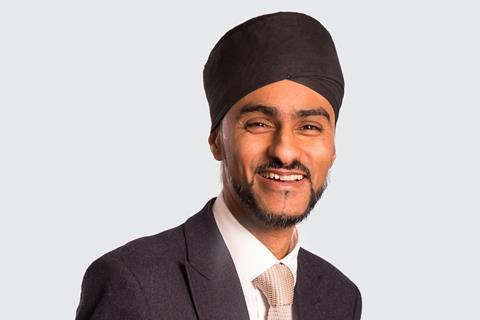
In recent weeks, the topic of education has been under scrutiny in the built environment industry. Proposed reforms from the Architects Registration Board - to scrap parts one and two of the traditional architects’ training route - have drawn debate on appropriate paths of access and integration into the profession. Meanwhile, a white paper from think tank Policy Exchange has forwarded the notion of a ‘School of Place’, in which architects would rub shoulders more closely with planners and other professionals “to consistently deliver liveable, successful and sustainable places.”
Such debate is no doubt essential for the future resilience of our professions, and as much as I do not wish to detract from it, I also believe it is important to recognise that an education in the built environment starts many years before a young person begins making ‘career’ decisions. Whether it is in an environment of home, school, or play, young people are at a critical stage in developing their sense of self, and understanding of how that self relates to the world around them. An often-neglected part of the ‘architecture education’, therefore, is addressing how we encourage this young generation of creative minds to develop a sense of agency in their ability to have a stake in how the built environment is shaped.
The current education model lacks the required infrastructure, investment, or incentive to promote creativity in our learning, and instead focusses on measurable performances in academic subjects. Indeed, the government’s prioritisation of STEM subjects over creative ones is a consistent barrier to talent that our industry is worse off for. So how do we change this landscape through early education and unlock raw talent by empowering young people from diverse backgrounds and communities?
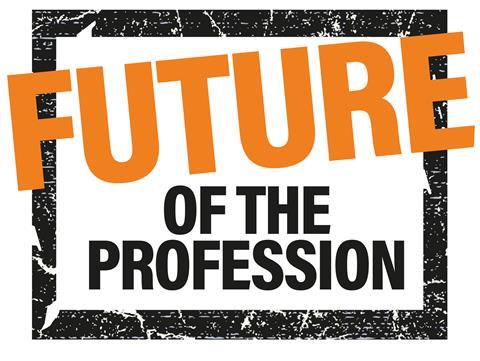
I was fortunate that my family was involved in the construction industry in East Africa during the 80’s, and so saw first-hand the transformation possible in both local neighbourhoods and growing cities. It was invaluable exposure, but not everyone is lucky enough to chance upon such a tangible creative spark, and benefit from that experience and encouragement.
At Glenn Howells Architects, we are already undertaking alternative educational initiatives, through group work experiences, student placements, talks and apprenticeships. And I have made it a personal priority to seek other ways of providing this spark to the next generation.
My passion for tackling this question is the reason that I am delighted to have recently been appointed as trustee and Vice Chair at Open City, in its education focused Accelerate and Architecture in Schools programmes. The key objective is to help develop an engagement framework that nurtures an awareness in young people of the social issues that transect the built environment, and encourages them to think critically about ideas of place, space, and building.
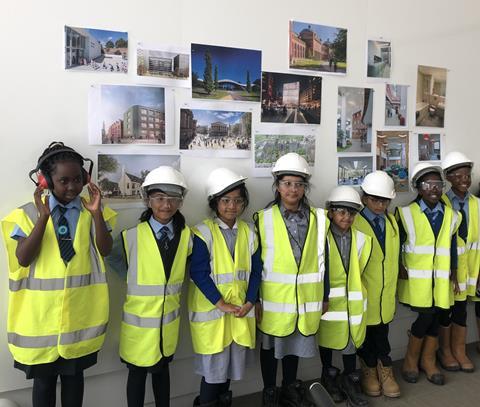
A potential roll out for the programmes in my home city of Birmingham would run in parallel to the charity’s Open House Festival, which would open up both new and forgotten buildings that are usually only accessible to a privileged few. So alongside access to cityscape views from the top of the Rotunda, smart workspaces for international businesses at Paradise, and the heritage of Central Hall, children would be engaged in an educational programme designed to empower their belief in being an active part of the city’s future.
Young people must be given the potential to drive debate about the spaces of their local neighbourhoods, urban realm, and city, in new ways. Working with Open City’s Education, Equity and Empowerment team will enable them to do this, through partnerships with schools and colleges to access students from under-represented groups and communities.
Bringing the Open City education model to Birmingham will be a great privilege, but it won’t be easy – and we need help. The next step is to secure a city-wide network of partners to fund and deliver the game-changing impacts that Open City’s programmes stand to offer for youth empowerment in the city.
I call on anyone with faith in young people today – whether from organisations, practices, developers or consultants - to help support both Open City’s education and festival initiatives. This is an opportunity not just to make our cities more open and equitable today, but to ensure that the coming generations will have the empowerment, access, and knowledge, to make them even greater in the future.
Also read >> Why we need foundational change in how we engage young people with the built environment
Postscript
Dav Bansal is a partner at Glenn Howells Architects


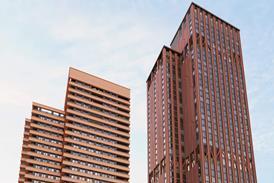
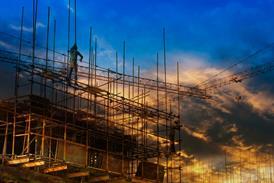
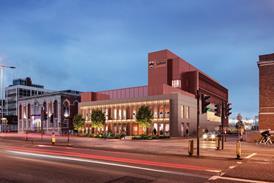
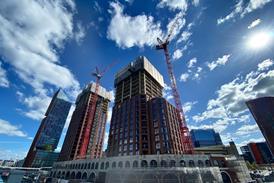










2 Readers' comments